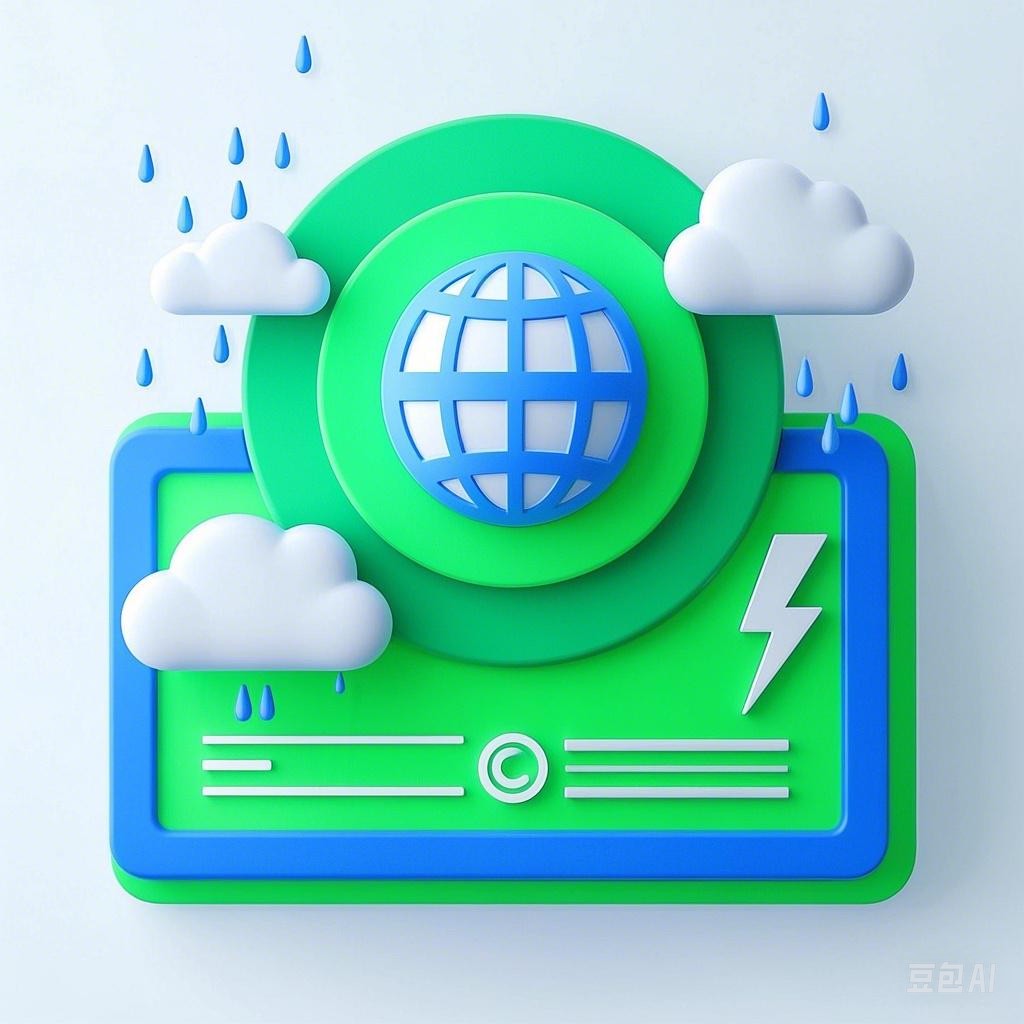Introduction
Disasters, whether natural or man-made, can strike without warning, leaving a trail of destruction and chaos in their wake. In such situations, having the right survival skills is crucial. This article aims to provide essential English reading on disaster prevention, offering practical advice and insights to help individuals and communities prepare for and respond to emergencies effectively.
Understanding Disasters
Types of Disasters
Disasters can be categorized into several types, including:
- Natural Disasters: Earthquakes, floods, hurricanes, wildfires, and tsunamis.
- Technological Disasters: Chemical spills, nuclear accidents, and power outages.
- Man-Made Disasters: Bombings, fires, and other acts of terrorism.
Each type of disaster requires specific preparedness measures and survival strategies.
Common Threats
Understanding the common threats in your area is the first step in disaster prevention. Research the history of natural disasters in your region and be aware of potential risks, such as:
- Flood Zones: Areas prone to flooding due to heavy rainfall or storm surges.
- Earthquake Prone Areas: Regions where seismic activity is common.
- Wildfire Risk: Areas with dry vegetation and high winds.
Preparing for Disasters
Creating an Emergency Plan
An emergency plan is a crucial component of disaster preparedness. Here are the key steps to create an effective plan:
- Identify Emergency Contacts: List important contacts, including family members, emergency services, and local authorities.
- Develop a Communication Plan: Decide how you will communicate with family members during an emergency, considering different scenarios.
- Prepare an Emergency Kit: Assemble essential supplies, such as food, water, first aid kits, and a flashlight.
- Secure Your Home: Reinforce structures, install smoke detectors, and secure heavy furniture and appliances.
- Educate Your Family: Ensure everyone in your household knows the emergency plan and their roles in it.
Building an Emergency Kit
An emergency kit should contain items that will sustain you and your family for at least 72 hours. Here’s a list of essential supplies:
- Water: One gallon per person per day for drinking and sanitation.
- Food: Non-perishable food items, such as canned goods, energy bars, and a manual can opener.
- First Aid Kit: Bandages, gauze, antiseptic wipes, and other basic first aid supplies.
- Flashlight and Batteries: A reliable flashlight and extra batteries.
- Whistle: To signal for help if you become trapped.
- Emergency Radio: A battery-powered or hand-crank radio to stay informed about the situation.
- Important Documents: Copies of identification, insurance policies, and other essential documents.
Responding to Disasters
Immediate Actions
During a disaster, it’s important to act quickly and calmly. Here are some immediate actions to take:
- Follow Instructions: Listen to local authorities and follow their instructions.
- Evacuate if Necessary: If authorities advise evacuation, do so immediately.
- Secure Your Home: Lock doors and windows, turn off utilities, and shut off the main water valve.
- Stay Informed: Monitor local news and emergency alerts for updates.
After the Disaster
After a disaster, the recovery process can be challenging. Here are some tips to help you navigate the aftermath:
- Assess Damage: Determine the extent of damage to your property and personal belongings.
- Contact Insurance: Inform your insurance provider of the damage and start the claims process.
- Seek Support: Reach out to friends, family, and local organizations for assistance.
- Rebuild and Restore: Work with professionals to rebuild and restore your home and property.
Conclusion
Disaster prevention and preparedness are essential for ensuring the safety and well-being of individuals and communities. By understanding the types of disasters, preparing for emergencies, and responding effectively, you can minimize the impact of disasters and protect yourself and your loved ones. This article provides a comprehensive guide to disaster prevention, offering practical advice and essential English reading to help you prepare for the unexpected.
